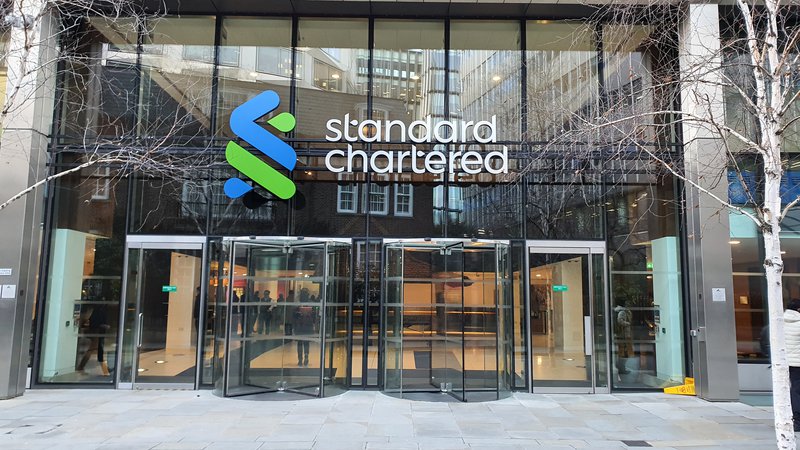In recent times, discussions about South Africa’s banking sector have ignited passionate debates, particularly among the extreme left. The Daily Maverick, affiliated with the Independent Media group, has actively fueled these discussions, possibly due to the reluctance of respectable banks to handle their controlling shareholders’ finances.
Recent claims suggesting that currency manipulation costs South Africa a staggering R1 trillion daily caught the attention of Minister in the Presidency Khumbudzo Ntshavheni during a Cabinet meeting. Her response, accusing international banks, particularly Standard Chartered, of manipulating the economy to engineer the government’s collapse, drew sharp criticism.
Ntshavheni’s assertion that the private sector has no interest in the country’s development and is actively working to undermine it is not only irresponsible but also illogical. Critics argue that banks, as essential components of the economy, have no incentive to collapse the very system they depend on for their existence.
To comprehend the backdrop of the Competition Commission’s case against 28 banks, including international giants, it’s essential to trace its origins. The case, spanning eight years, primarily revolves around currency manipulation by traders, not a grand conspiracy. In 2014, US regulators exposed discussions among international banks’ currency traders, leading to fines totaling $3.4 billion for the likes of HSBC, Citigroup, JPMorgan, RBS, and UBS.
The South African government, embroiled in State Capture allegations in 2017, seized the opportunity to initiate a case against both local and international banks. While international banks had already admitted guilt, the case against local banks appears tenuous, with the Commission struggling to establish jurisdiction and relying on questionable evidence.
The recent settlement by Standard Chartered, despite being hailed by anti-bank zealots, warrants a closer look. The R43 million fine, while seemingly substantial, is a mere fraction of the bank’s market capitalization of $17 billion. Critics argue that this settlement might be an attractive option for foreign banks, especially considering the Commission’s claim of 10% of annual turnover.
Local banks, however, face higher stakes, prompting them to challenge the case in the Appeal Court. They seek an instruction for the Commission to drop baseless investigations, a move crucial for the banking industry’s reputation.
The ongoing case raises questions about the government’s contradictory stance of seeking support from banks for local investment while simultaneously pursuing them in court on seemingly flimsy charges. The power of ignorant and paranoid anti-bank sentiments within the government, as highlighted by Ntshavheni, adds another layer of complexity to the already contentious issue.
As the case unfolds, the embarrassment for the Competition Commission, the South African government, and all involved parties continues to grow, underscoring the need for a more nuanced understanding of the intricacies surrounding the banking sector.





